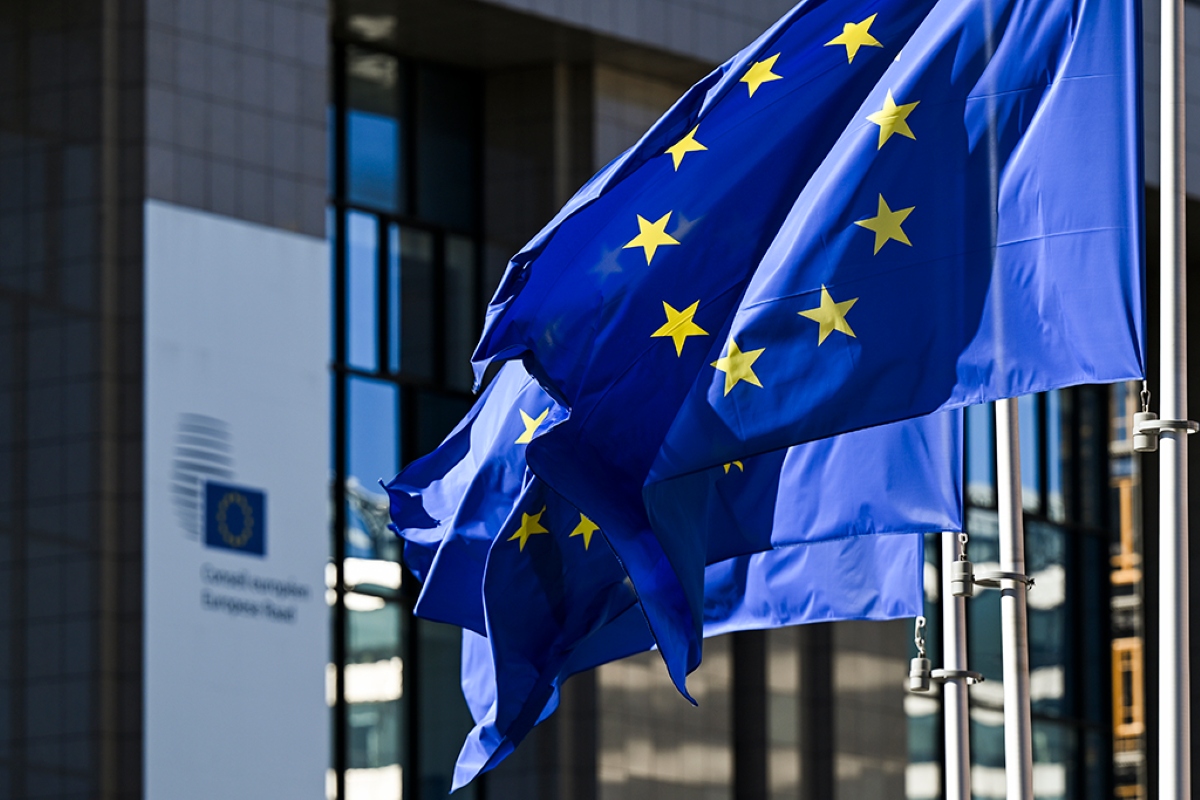The Central Bank of Malta (CBM) is stepping up efforts to modernise cheque usage as part of its broader strategy to streamline the country’s payments landscape and promote faster, more secure digital alternatives.
The proposed reforms, currently under public consultation, would make cheque payments quicker and safer while gradually reducing their role in day-to-day transactions. Following their feedback on the Central Bank’s mobile payment initiative, local banks are now sharing their views on the proposed measures to modernise cheque usage.
Key measures proposed
Among the changes being considered, the CBM plans to reduce the validity of cheques and bank drafts from six months to three. This measure is intended to encourage prompt deposits, prevent long-outstanding payments, and improve the efficiency of the payment system.
Another proposal would require all cheques to be deposited into a bank account rather than cashed, improving record-keeping, reducing fraud and supporting anti-money laundering regulations. Existing cheques in circulation would still be allowed to be cashed during a temporary transition period.
The Central Bank is also proposing to raise the minimum cheque amount from €20 to €50, a move designed to push smaller payments toward faster and cheaper digital methods.
Finally, cheque deposits would need to be made available in recipients’ accounts by the next business day – or instantly, if deposited over the counter at the issuing bank – ensuring quicker access to funds and offsetting the restriction on cashing cheques.
Anticipating moderate resistance
APS Bank acknowledged that while the proposed measures are largely sensible, some pushback from cheque users is likely.
“Most of the measures proposed in the consultation paper would introduce further limitations on the current use cases for cheques. Some resistance from customers can therefore be anticipated,” an APS spokesperson said.
However, the bank expects the impact to be modest: “The proposed changes appear to be very moderate in impact, and the extent of the resistance is expected to be equally moderate.”
Interestingly, APS also noted that one of the proposals – that cheque deposits should reach recipients’ accounts by the next business day, or instantly if deposited over the counter at the issuing bank – might have the unintended effect of making cheque usage slightly more appealing.
“This could ultimately go against the objective of reducing cheque use in Malta,” the spokesperson added.
Encouraging digital alternatives
Bank of Valletta (BOV) pointed out that cheque usage is already on the decline thanks to the growing range of digital payment options available to customers.
“With mobile-to-mobile payments through BOV mobile, and with the introduction of SEPA Instant Payments, our customers already have several alternatives to issuing cheques,” a BOV spokesperson said.
The bank emphasised that financial education remains key to accelerating this transition: “It is mainly through financial literacy that customers need to be aware of the major advantages of digital payments.”
BOV added that it welcomes “any advancements that promote digitalisation and encourage customers to transition from cheque or cash-based payments to digital solutions.”
Understanding cultural habits
MeDirect Bank shared a similar view but highlighted the cultural dimension behind cheque reliance in Malta.
“Culturally, cheques remain a preferred method of payment for many individuals and businesses in Malta. Certain services still rely on the physical exchange of cheques, which provides a sense of reassurance and tangible confirmation,” a MeDirect spokesperson explained.
The bank therefore anticipates “a certain level of resistance,” but believes effective communication and incentives can help accelerate change.
“To counter this, both banks and other relevant stakeholders must continue to communicate the clear advantages of electronic payments, especially the fact that funds are credited directly to the recipient’s account, saving time and enhancing security,” MeDirect said.
They added that reducing the cost of digital transactions could encourage adoption, while “business and organisations which still rely on the use of cheques should also be encouraged to take effective steps to update their procedures to incorporate digital payments.”
A gradual cultural shift
While cheques remain a familiar payment method in Malta, their role is steadily diminishing as digital tools become faster, cheaper, and more accessible. The CBM’s proposals aim to strike a balance by modernising cheque processes for those who still rely on them, while nudging the economy toward a fully digital payments ecosystem.
As consultation feedback is reviewed, the Central Bank’s challenge will be ensuring a smooth transition that supports all users.
New €350 million Malta Government Stocks open for public subscription
The issuance will consist of three fixed-rate stocks
Malta’s telecoms sector sees continued growth as MCA expands digital regulatory remit
2024 saw 'a substantial volume of regulatory, supervisory and strategic policy work'
New EU rules set to reshape consumer credit market by 2026, MACM warns
It will be taking effect in November 2026






